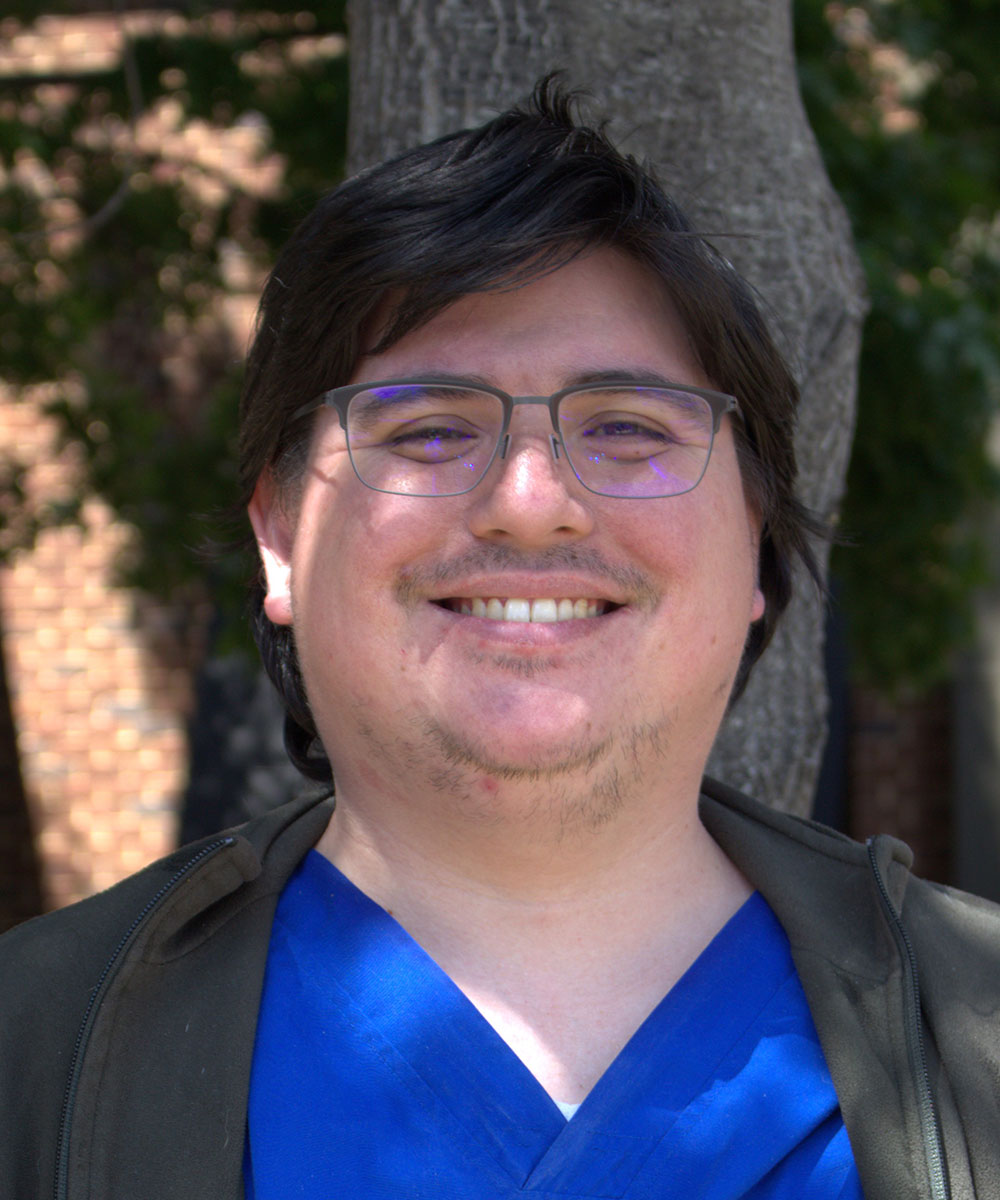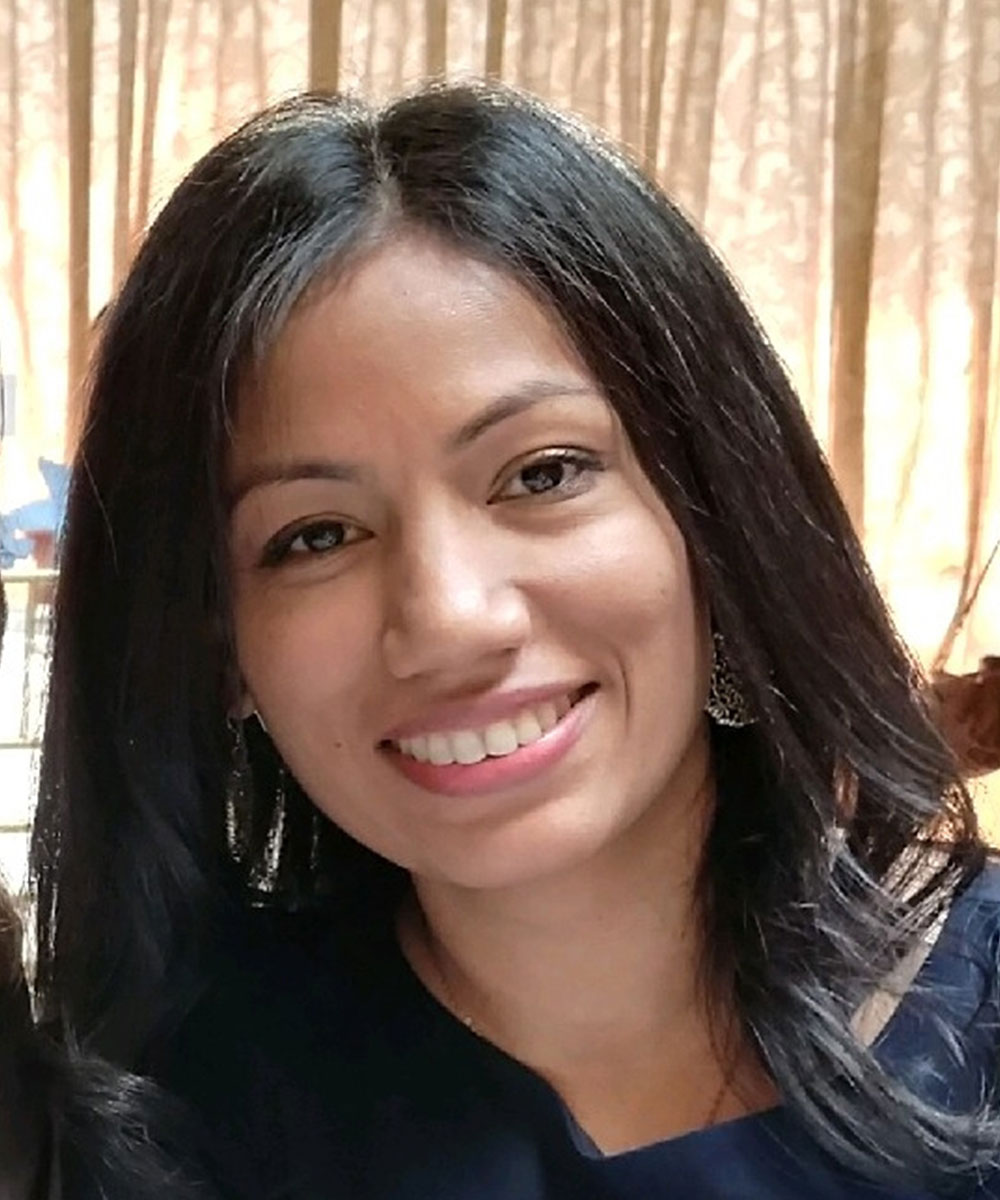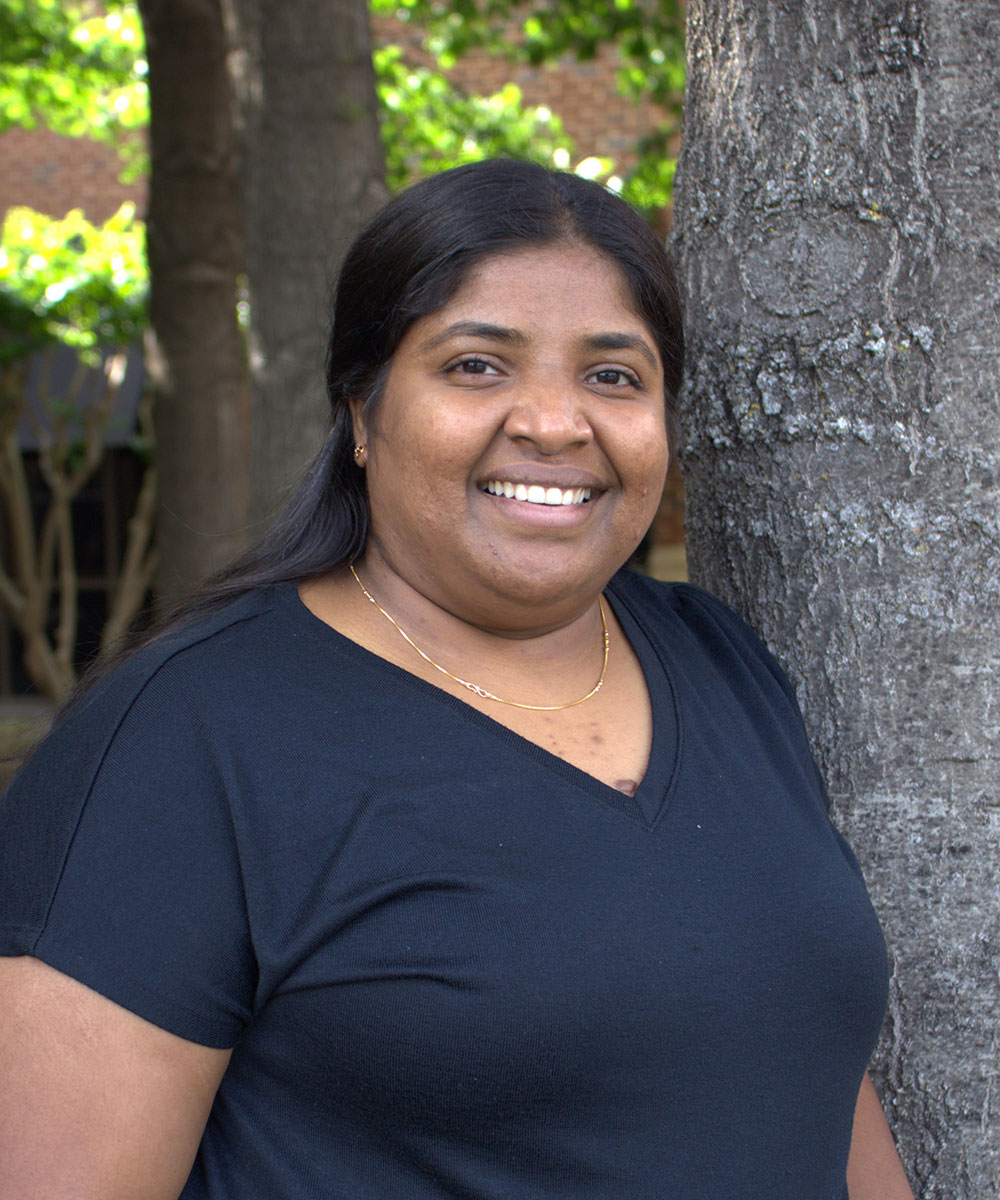Our highly qualified staff is here to help you and your family address various developmental delays and therapeutic needs associated with other medical and genetic conditions
What We Do
Our specialty services are provided to both our ABA patients, in addition to their behavioral services, and patients not participating in ABA services. For patients in ABA, services are scheduled during their day in ABA and all patients get a comprehensive evaluation from our qualified therapists to determine each child’s individual therapeutic needs.
Services
Occupational Therapy
The Occupational Therapist focuses on making your child’s natural environment more optimal for everyday life, learning, and processing the world around them. Growing, learning, and playing is your child’s occupation and occupational therapy can help them improve their day-to-day function. Our highly educated and skilled Occupational Therapists will give your child the steps necessary to be more independent, by maximizing their life skills, and enhancing their natural abilities. They consider your child’s cognitive, sensory, and physical abilities to encourage growth and teach parents and caregivers skills to be an intricate part of the process.
Some Reasons Your Child May Need Occupational Therapy:
- Difficulty with self-care skills like feeding, dressing, tooth-brushing, or tying shoes
- Poor handwriting
- Poor attention or inattention to surroundings
- Poor stability or body awareness
- Difficulty picking up objects
- Trouble with coordination
- Sensory processing disorder
- Food aversions/picky eater
- Poor age-appropriate play skills
- Treatment of physical disabilities, injuries, or neurological disorders.
Signs Your Child May Need Physical Therapy:
- Difficulty rolling over, sitting up, or crawling
- Will not bear weight on legs or not walking by 16 months
- Consistently walks on toes
- Obvious limps or weaknesses
- Sports related injuries
- Postural pain in low back, hips, or legs
- Frequent falls walking and/or running
- Poor coordination and/or balance
- Unable to jump, kick, or catch and throw a ball
Physical Therapy
Pediatric Physical Therapy is the treatment of physical disabilities, sports injuries, and neurological disorders as they impact or hinder a child’s normal gross motor development. Physical therapists will address the child’s range of motion, pain, muscle strength, coordination, and balance, so the child can reach maximum function and potential. The Physical Therapist will use therapeutic exercise, manual techniques, modalities, and analysis of body movements to design a custom plan of care for your child. Both the medical information and the goals and concerns of the family are important part of developing the child’s plan of care. There are many forms of treatment available, so it is imperative that our highly trained licensed therapists fully assess your child and determine the proper form of treatment to meet your child’s specific needs.
Speech Therapy
Speech therapy is the assessment and treatment of communication problems and speech disorders. It is performed by speech-language pathologists (SLPs), which are often referred to as speech therapists. Speech therapy techniques are used to improve communication. These include articulation therapy, language intervention activities, and others depending on the type of speech or language disorder.
Communication is an essential component of learning and development. Speech therapists provide parents with strategies to communicate with their child to reduce the frustration that may occur when the child is unable to get their needs met. They interact with your child through talking, gestures, and playing; utilize age-appropriate play to teach the child how to produce certain sounds and they model correct sounds, syllables, and phrases to help stimulate language development.
Pediatric Speech Disorders Addressed:
- Speech (i.e. phonation, articulation, fluency, resonance, and voice).
- Language (i.e. phonology, morphology, syntax, semantics, and pragmatic/social aspects of communication) including comprehension and expression; language processing; pre-literacy and language-based literacy skills; and phonological awareness
- Voice (i.e. hoarseness, poor vocal volume, abnormal vocal quality). Research has been proven to demonstrate voice therapy to be especially helpful with certain patient populations.
- Augmentative and Alternative Communication (i.e. evaluation for and consideration of different types of AAC devices that will aid a patient in communicating). Whenever possible, SLPs utilize community resources to find funding for such devices.
- Cognitive aspects of communication (e.g. memory, problem solving, executive functions).
There are 5 key areas of development that are observed, screened and potentially evaluated:
- Gross motor skills, for example crawling, jumping or running.
- Fine motor skills, such as writing and drawing.
- Speech and language.
- Cognitive and intellectual, such as counting or identifying shapes.
social and emotional skills, such as playing with other children.
Further evaluation is recommended if a screening identifies one or more developmental areas of concern.
Developmental Screenings
Developmental screenings are surveillance and monitoring tools used by professionals or trained paraprofessionals to determine if a child’s development is within the normal range. They provide early identification of children at risk for communication, motor, social-emotional, or cognitive delays that may interfere with expected growth, learning, and development and may warrant further diagnosis, assessment, and evaluation.
The results are not diagnostic in nature, but they give insight into whether a child may need further testing. Why are developmental screenings important?
Research shows that early intervention is associated with the highest probability of success in remediating developmental delays and narrowing the developmental gaps between a child and his/her same age group level. Therefore, identifying children who are at risk of developmental delay through various developmental screenings is crucial so that that their needs can be assessed early in their lives.
How it Works
About the Founder
Cristina earned her master’s degree in Early Childhood Disorders from the University of Texas at Dallas and her bachelor’s degree in Psychology. She has completed a post-graduate coursework at the University of North Texas in preparation for her BCBA.
Over the last 15 years Cristina worked with hundreds of individuals on the autism spectrum, non-generalized developmental delays, ADHD, organizational and self management deficits across a wide variety of ages (14 months to 22 years).
She currently oversees the entire BCBAs and staff training across all centers, develops and implements intervention programs, provides parent, and teacher training; creates behavior intervention programs for home, school natural environment settings; conducts developmental and functional assessments; develops and implements Individual Education Plan (IEP) goals; and participates in school Admission Review and Dismissal (ARD) meetings.
Kind Words
“Cristina’s programs are well thought through, methodical and relevant and she is constantly monitoring progress and pushing up the bar for faster progress. I cannot thank her enough for the improvements in my son’s life since we have started working with her.”
– Sreedevi J.
Contact
Plano - Windcom
Address: 6101 Windcom Court, Suite 600
Plano, TX 75093
Office: 972.378.6494
Fax: 972.403.0133
[email protected]
Plano - Preston
Address: 7800 Preston Road, Suite 202
Plano, TX 75024
Office: 972.403.0100
Fax: 972.403.0133
[email protected]







